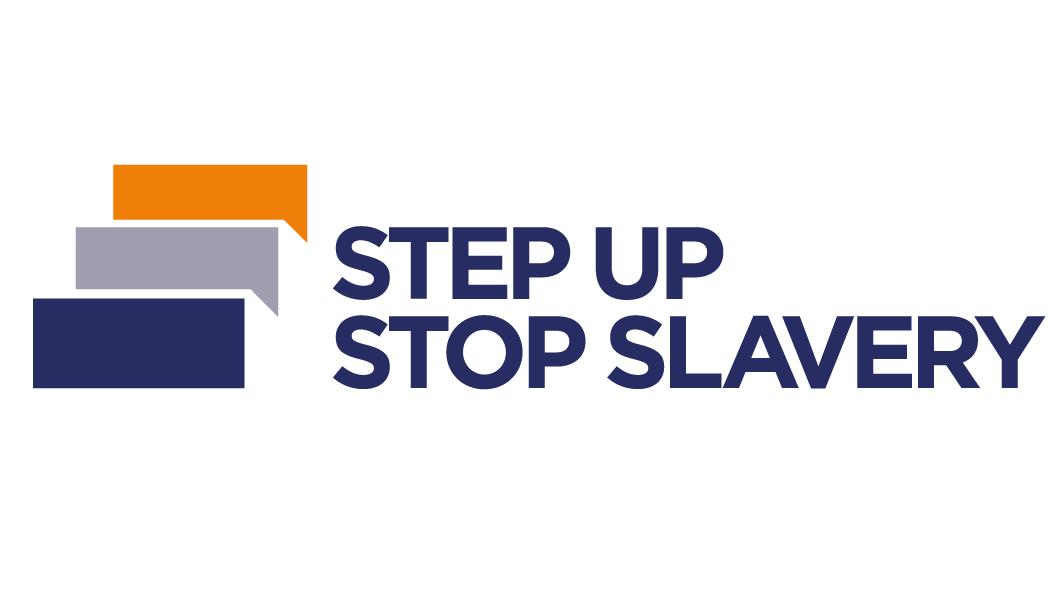
The Problem
A historic evil in a pervasive, 21 st -century form
Many of us believe trafficking and enslavement of human beings to be evils largely consigned to history, or else occurring in countries too distant to be relevant to our lives.
Nothing could be further from the truth.
Today, borderless slavery taints the food we eat, the clothes we buy, the leisure we seek, the care we depend on. It’s in our workplace, our schools, our homes, online.
Impacting every level of global society
In fact, the extreme labour exploitation driven by modern slavery and trafficking has only grown in profitability and reach in the 21 st century. Traffickers prey on desperate people
fleeing wars, climate change, or the poverty created by volatile world economies… and their profits run in the hundreds of billions every year.
Modern slavery can show up as sexual exploitation, debt bondage, or the forced removal of organs. It can flourish in sectors like construction and agriculture. It can drive
indentured begging, pickpocketing, drug-running and cybercrime.
In our rapidly-aging first world, ‘invisible’ incidences of forced labour and exploitation of third-world caretakers and domestic workers are rampant. And in our remote-first, post-COVID-19 age, traffickers have endless digital resources with which to target, groom, exploit and recruit unsuspecting victims – many of them minors – in spite of their seemingly safe, privileged environments.
What can we do?
Anti-trafficking and slavery have traditionally been tackled through criminal processes, yet the numbers of perpetrators actually brought to justice, and victims identified,
compensated and reintegrated, have remained far too low to eradicate this evil. Which is why, today, a human rights-driven, survivor-led, multi-disciplinary approach is
required, locally and internationally, to begin wiping out the conditions in which modern slavery takes root, flourishes and continues to spread.
Working together to disrupt slavery… everywhere
As a Cyprus-based NGO tasked with supporting the island’s National Referral Mechanism, Step Up Stop Slavery has three main areas of focus: multi-agency
collaboration, human-trafficking prevention education and survivor support. You’ll find all the details about our trauma-informed, multi-disciplinary workshops and
packages for Schools and Businesses on this site, as well as about our Step Up Survivor Centre that offers holistic services to adult survivors of trafficking, in collaboration with Civil Society Organizations, and other front-line responders.
Ultimately, holding a vision of a world free of slavery, aim to equip every industry and stakeholder with the means to identify, and mobilise against human trafficking, to put an end to this enduring scourge.
